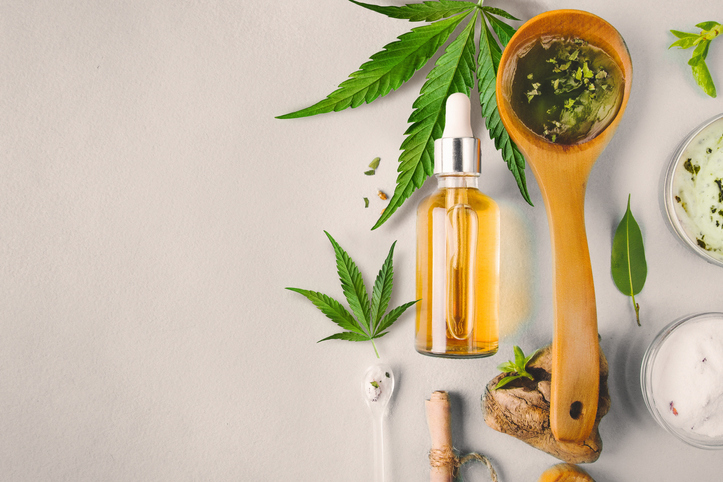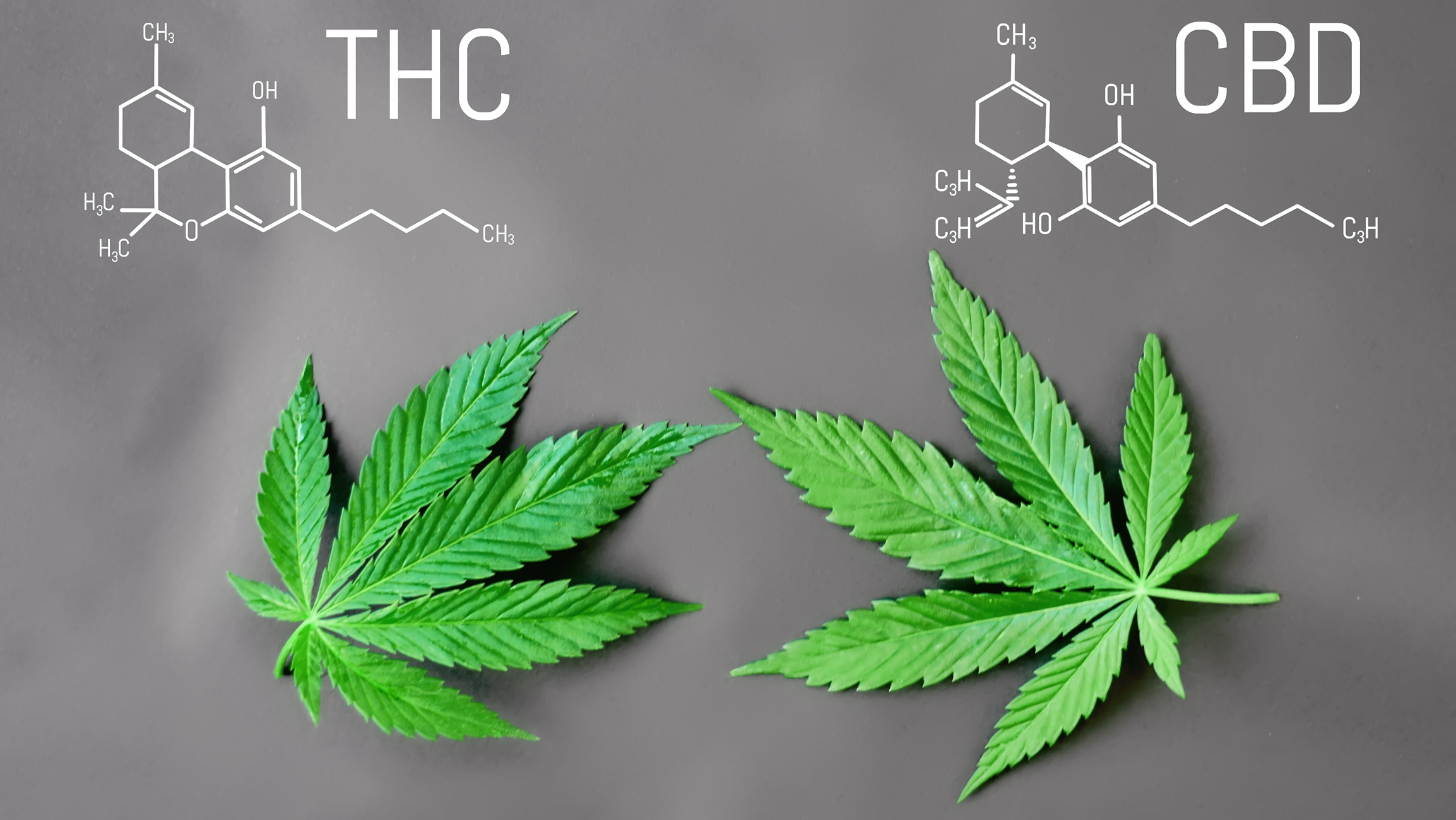
CO2 extracted CBD oil has many advantages over traditional CBD oil. It is safer, more efficient, and faster. It is also cost-effective. It produces superior results and is the preferred method of extracting CBD oils. This method comes with its own set of drawbacks. This article discusses some of them. Weigh the advantages and disadvantages of CO2 extraction before you make a purchase.
Cost-effective
CO2 extraction is by far the most cost-effective way to extract CBD oil. This process yields the cleanest and purest oil without toxic by-products. CO2 extraction is expensive. One CO2 extraction machine can cost upwards of PS103,000 ($135,000).
The CO2 extracting process uses high pressure carbon dioxide to the plant material. This allows for the extraction of CBD and other compounds. Some labs extract liquid CO2 while others use gases CO2. In either case, the CO2 is added in a chamber filled with plant material, at high temperatures and pressures. CO2 acts as an agent to dissolve the plant materials and transport the beneficial compounds on to the next step.

Safer
Supercritical CO2 is a method of extracting CBD from marijuana. This technique involves using a sealed chamber to extract the active compounds from cannabis. This process is flexible and can produce high-quality CO2 oil. These are some of the advantages of CO2 oil extraction. It is an environmentally friendly process. You can create products that are highly customized to your requirements with safer Co2 extraction.
CO2 is a renewable, naturally occurring solvent. CO2 is a natural solvent that can be extracted from oil. It does not contribute to greenhouse gas emissions and doesn't cause any harm to the environment. This method is the best way to extract CBD oils. This method also does not create any petroleum-based byproducts or cause explosions, ensuring that it is completely safe to use.
Cost-efficient
It is cost-effective to extract CBD oils using CO2 extraction. While this is quicker and more efficient than steam distillation but it does come with a lot of risk. Most labs choose CO2 extraction. To extract CBD oil, the process involves mixing plant material with a solvent. Natural plant oils and alcohol are the most commonly used natural solvents. These are more effective than synthetic solvents at dissolving complex compound. They may produce lower-quality CBD oils.
Another advantage of CO2 extraction is that it does not produce any extra heat and toxic solvents. However, it can be more costly than other methods. A CO2 extraction device can run anywhere from $135,000 up to $150,000. Hydrocarbon solvents on the other side are less expensive, but can be dangerous if handled incorrectly, and they leave toxic solvent residues in their end products.

Faster
Co2 extracted CBD oils have many benefits. It is faster, clean, and safer than conventional solvent extraction methods. This method can also be used to fine-tune the extraction process. The temperature and pressure of CO2 can also be controlled. After the CO2 has passed through the plant matter it forms a solution, which is rich in cannabinoids, Terpenes and other plant-based compounds. The solution can be separated using a separator. You can leave the wax/oil extract out of the extraction to allow CO2 to escape.
Another major benefit of CO2 extraction is faster time to shelf. This is vital for extract lines. Furthermore, this method preserves the flavor of the hemp, since it does not add any chemicals. Plus, the residual CO2 is completely recyclable.
FAQ
Is the CBD market saturated?
The CBD industry is experiencing a growth rate of over 25% annually. This growth is expected continue for at most five more years. The industry is forecast to grow from $2 Billion to $5 Billion by 2020.
Two companies currently dominate the CBD market - GW Pharmaceuticals & Canndoc Ltd. Both companies are focused on the development of pharmaceutical-grade CBD products. They have not been very effective so far. Both of them are having difficulty gaining traction in today's marketplace.
Cannabidiol (CBD) is an extract of cannabis that contains less than 0.3% THC. It does not produce any psychoactive effects. It is used to treat epilepsy and other conditions. It is often used as an dietary supplement.
There are many options for CBD products. Some CBD products are made from whole plant extracts while others contain CBD.
These products all have one thing in common: they contain low amounts of THC.
They are therefore legal under US federal law. But, you still have to adhere to local laws when selling CBD products. It is important to check the regulations in your state for CBD products.
In addition, there are several states where CBD products are illegal. These are California, Colorado. Florida. Mississippi. Missouri. New York. North Carolina. Ohio. Oklahoma. Oregon. Rhode Island. South Dakota. Texas. Utah. Virginia. Washington.
You will want to stay clear of CBD products if you are from one of these states.
How big is the global CBD market?
Euromonitor International estimated that the global CBD industry was worth $US3.5 billion in 2015. This is a more than 10% increase over 2014.
The report forecasts this figure to reach $US 6.4 billion by 2020, representing an average annual growth rate of 12%.
CBD products are expected account for about half of all hemp products worldwide by 2020.
This includes CBD oils as well as other CBD products, such food, beverages and cosmetics.
What CBD products do you sell most?
CBD products are all over the place these days. They are used for pain relief and anxiety. The market is growing rapidly and is very large.
What are people buying CBD for? This is how it affects brand owners.
According to Statista CBD products are purchased for their relaxing properties. They can also be used to treat inflammation.
This means that your product can be sold for medicinal or recreational purposes if it contains CBD and THC.
What about brands that focus on a specific purpose? A company selling CBD for stress relief is an example of a brand that will not be challenged.
In addition, if a brand focuses on CBD for medical purposes, then it will have a large customer base.
If a brand wishes to reach recreational users, they must create a unique selling point (USP). A USP simply means a distinctive feature or benefit that differentiates a brand's competitors.
Some brands offer free shipping while others offer bulk discounts.
Which are the best CBD uses?
CBD can also be used to treat anxiety. It can be used to treat pain, insomnia and epilepsy as well as inflammation, depression, and many other conditions.
CBD can be consumed in many different ways. CBD can be consumed in many ways.
There are many benefits to consuming CBD. It has been proven to ease chronic pain, PTSD and anxiety.
Does CBD have a future?
Yes. But not because of its medical benefits but rather due to its ability to help people feel better without getting high.
People who want an alternative to prescription medications will love the fact that you don't feel any different after you use it.
We know that cannabis can help with anxiety, depression, pain relief, insomnia, and other conditions, as evidenced by numerous studies.
Cannabinoids in cannabis interact with our brains. This interaction leads to feelings of relaxation.
So if you're interested in using cannabidiol (CBD) oil for health reasons, then it's important to understand what exactly it does and how it affects us.
Statistics
- however, one study also found that these effects were virtually abolished when the original media (a nutrient broth agar) was replaced with one containing 5% blood (increasing the minimum concentration to ~160 μM CBD) [179]. (ncbi.nlm.nih.gov)
- A recent systematic review of human trials also reported that individuals with epilepsy receiving CBD (5–20 mg·kg−1·day−1) were more likely to experience decreased appetite than those receiving placebo (i.e., ~20 vs. 5% of patients) (ncbi.nlm.nih.gov)
- OralWhere HED is the human equivalent dose, and Km is a correction factor estimated by dividing the average body mass (BM) of the species (60, 0.020, and 0.150 kg for 11 humans, mice, and rats, respectively) and by its surface area (see: Nair et al. (ncbi.nlm.nih.gov)
- The inhibition of FAAH is predicted to lead to an increase in brain and plasma concentrations of AEA, which acts as a partial agonist at CB1R and CB2R, thereby increasing endocannabinoid tone [92, 110]. (ncbi.nlm.nih.gov)
- As a substance that was federally illegal before the passage of the 2018 Farm Bill, hemp-derived cannabinoids with no more than 0.3% THC still face a regulatory grey area. (forbes.com)
External Links
How To
What are the main issues with the CBD industry.
The market for CBD is growing at an astonishing rate. Businesses looking to get into this market face many obstacles. These include a lack of consumer awareness, high cost of entry, limited access to capital, and regulatory uncertainty.
Many consumers aren't aware of the benefits and limitations of CBD. This means they are not able to make informed choices about whether or no to purchase CBD products.
Most CBD companies rely heavily upon word-of mouth marketing. This is costly because they have to pay for advertising and hire staff to promote their brand.
Another problem for new entrants to CBD is the high price of production. CBD products can be very costly because of the cost of the raw materials. For example, hemp needs to be grown in specific climates and soil types before it can be processed into CBD oil.
To grow enough hemp for CBD oil production, it costs approximately $1,000 per acre. As a result, many small farmers cannot afford to start.
A lack of capital access is another problem that CBD market newcomers face. Due to the stigma surrounding the industry, banks discourage many people who wish to start businesses.
Final, there are regulatory uncertainties surrounding the sale CBD products. There are no guidelines for how CBD products should market.
Some states have passed legislation restricting the sale of CBD products, but this has yet to become national policy.
So far, only two states - Maine and Nevada - have legalized recreational marijuana.
Massachusetts and Michigan are however considering similar measures.
These changes could result in increased competition between CBD manufacturer.
These factors lead to many entrepreneurs choosing to work from their home instead of starting a physical company.